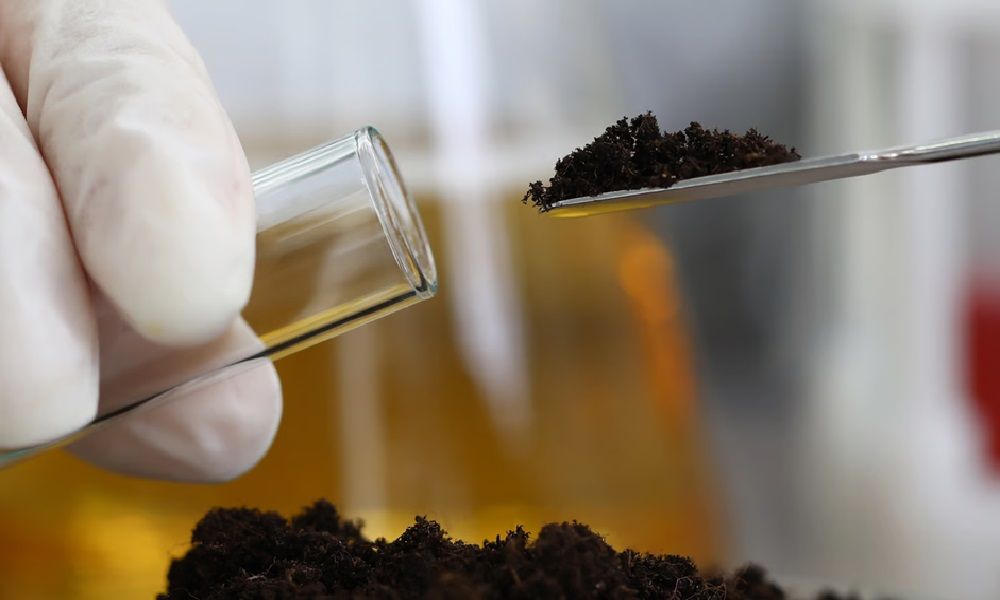In recent years, environmental assessments have gained significant importance due to the increasing awareness of ecological sustainability and the need for land management. One crucial aspect of these assessments is soil testing. While many organizations conduct soil tests, independent soil testing offers several advantages that enhance the reliability and effectiveness of environmental evaluations. This article explores the benefits of independent soil testing for environmental assessments, emphasizing its role in ensuring accurate results and promoting informed decision-making.
1. Enhanced Credibility and Objectivity
One of the primary advantages of independent soil testing is the enhanced credibility it provides. When assessments are conducted by independent laboratories, there is a reduced risk of bias and conflicts of interest that can arise when testing is performed by parties with vested interests in the outcomes. Independent soil testing ensures that the results are objective, scientifically sound, and free from external influences. This objectivity is critical for stakeholders, including landowners, regulatory agencies, and environmental organizations, who rely on accurate data for decision-making.
2. Comprehensive Analysis and Expertise
Independent soil testing facilities typically employ experienced professionals who specialize in soil science and environmental assessments. These experts utilize advanced techniques and methodologies to provide a comprehensive analysis of soil samples. By employing independent soil testing, organizations can benefit from a depth of knowledge and expertise that may not be available in-house. This comprehensive approach helps identify a range of soil properties, including nutrient levels, contaminants, and physical characteristics, leading to more informed assessments and recommendations.
3. Standardized Testing Protocols
Independent soil testing laboratories adhere to standardized testing protocols and methodologies established by national and international organizations. This standardization ensures consistency in testing procedures, enabling comparability of results across different sites and studies. By using independent soil testing, stakeholders can be confident that the methodologies employed are scientifically valid and recognized by the broader scientific community. This consistency is particularly important when multiple assessments are conducted over time or when comparisons are made between different locations.
4. Accurate Detection of Contaminants
Soil contamination can pose significant risks to human health and the environment. Independent soil testing plays a vital role in accurately detecting contaminants such as heavy metals, pesticides, and petroleum products. By employing state-of-the-art testing techniques, independent laboratories can identify even trace levels of harmful substances. This capability is crucial for environmental assessments, as it allows for early detection of contamination issues, enabling timely remediation efforts and reducing potential risks to the surrounding ecosystem and community.
5. Informed Land Management Decisions
The results from independent soil testing provide valuable information that aids in making informed land management decisions. For example, agricultural producers can utilize soil test data to determine the appropriate types and quantities of fertilizers and amendments needed to optimize crop yields while minimizing environmental impact. Similarly, developers can assess soil conditions to inform site selection, construction methods, and sustainable development practices. By relying on independent soil testing, stakeholders can make decisions that align with environmental best practices and regulatory requirements.
6. Compliance with Regulatory Standards
Independent soil testing is essential for ensuring compliance with environmental regulations and standards. Many regions require specific soil testing to be conducted before development projects, agricultural practices, or remediation efforts can commence. By utilizing independent laboratories, organizations can ensure that their testing meets the necessary legal requirements and industry standards. This compliance not only mitigates legal risks but also demonstrates a commitment to environmental stewardship and responsibility.
7. Long-term Monitoring and Data Collection
Independent soil testing facilitates long-term monitoring and data collection, which are crucial for understanding changes in soil health and environmental conditions over time. Regular independent assessments can help track trends in soil quality, contamination levels, and overall ecosystem health. This data is invaluable for researchers, policymakers, and land managers who seek to develop strategies for sustainable land use and environmental protection. By establishing a comprehensive database of soil health indicators, stakeholders can make more informed decisions that promote long-term ecological sustainability.
Conclusion
Independent soil testing is a vital component of effective environmental assessments, offering numerous benefits that enhance the reliability and accuracy of results. With enhanced credibility, comprehensive analysis, standardized protocols, and expert oversight, independent soil testing empowers stakeholders to make informed decisions regarding land management and environmental protection. As awareness of environmental sustainability continues to grow, the role of independent soil testing will remain essential in promoting responsible practices and safeguarding the health of our ecosystems for future generations.
Related posts
Categories
Recent Posts
Advertisement


